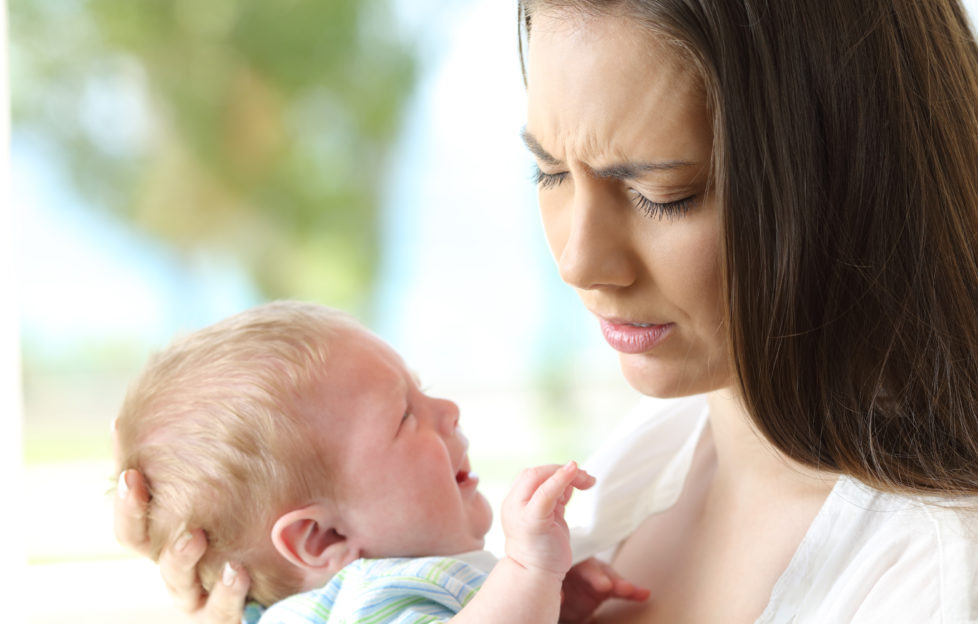 Shutterstock / Antonio Guillem©
Shutterstock / Antonio Guillem©This Maternal Mental Health Awareness Week, we spoke to expert Marley Hall for advice on the signs and symptoms to look out for.

Photograph courtesy of Marley Hall.
Untreated perinatal mental health issues are the leading cause of death to women in pregnancy and within the first year after birth.
Antenatal depression is a change in mood that is persistent and more severe than the average tearfulness that a woman may experience a few times throughout pregnancy. Signs include:
- Unusual amount of worry about giving birth and parenthood.
- Lack of energy and disturbed sleep.
- Losing interest in yourself or your pregnancy.
- Feeling emotionally detached, teary, angry or irritable.
- Chronic anxiety.
- Poor concentration.
- Sense of hopelessness
You may not have all of these symptoms. But if any of these become concerning, speak with your doctor or midwife.
There are risk factors for antenatal depression such as history of depression, previous miscarriage, stillbirth or infant loss, previous traumatic birth, social factors such as isolation, domestic abuse, poverty, difficult childhood issues and low self esteem.
Women who suffer antenatal depression are more likely to suffer postpartum depression, too, so it’s important you share any concerns with someone so that help can be put in place.
What about after the baby is born?
The birth of a baby is the amazing time in a woman’s life right? For most yes but for many women, it just doesn’t feel like that.
Around 80% of women will experience some form of emotional change after the birth. Often this manifests itself in the form of the ‘day 3 blues’ but all too often is a lot worse.
It’s pretty normal a few days after birth to feel tearful, especially when you are exhausted from lack of sleep whilst trying to recover or have had a traumatic birth experience. For most women, this tearfulness resolves after a few days.
If you are feeling down, overwhelmed, tearful, run down, depressed, guilty, fearful, disinterested in daily events or just not quite yourself and its ongoing, be sure to talk to someone about it.
That can be either someone close to you or your care provider.
Postnatal depression is common and women can recover from it if it’s recognised and treated promptly.
You can find Midwife Marley at www.midwifemarley.com and follow her on Instagram www.instagram.com/midwifemarley
For more health advice from “The People’s Friend”, click here.




